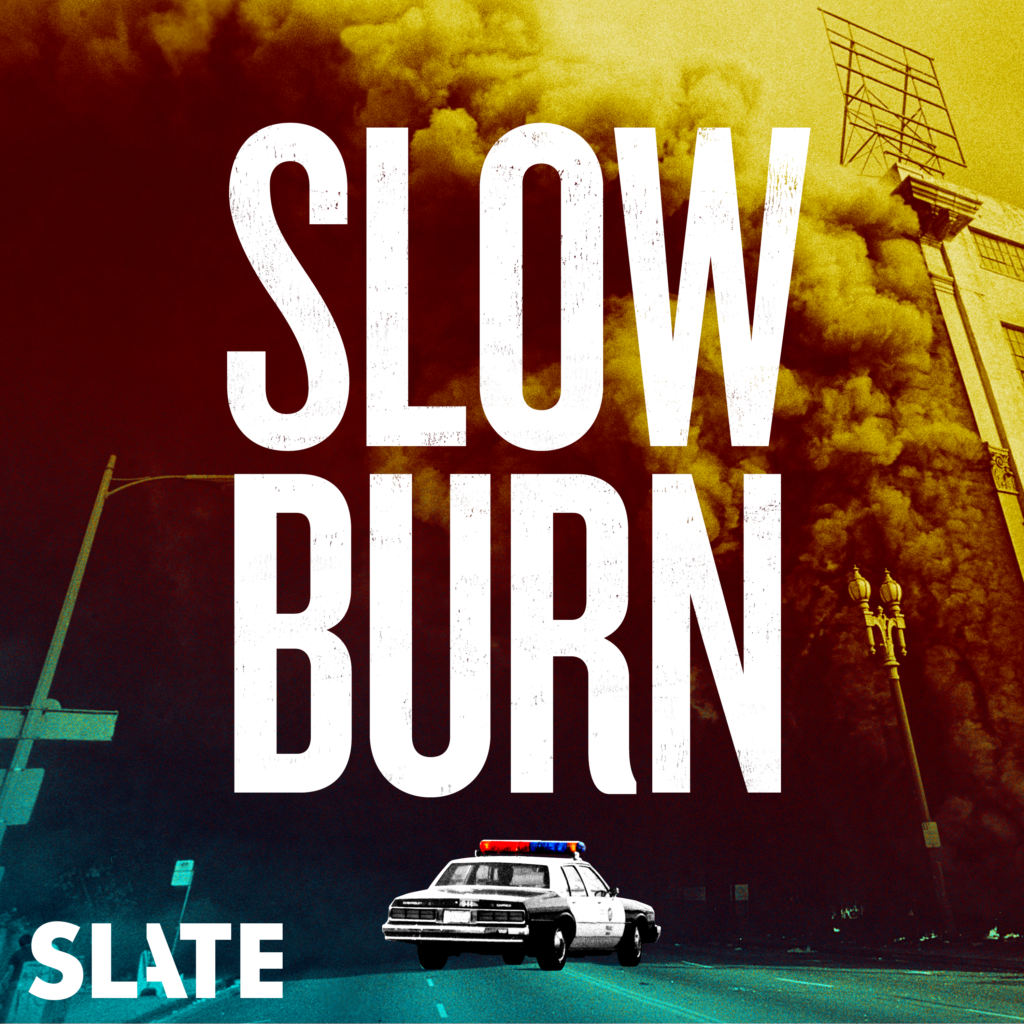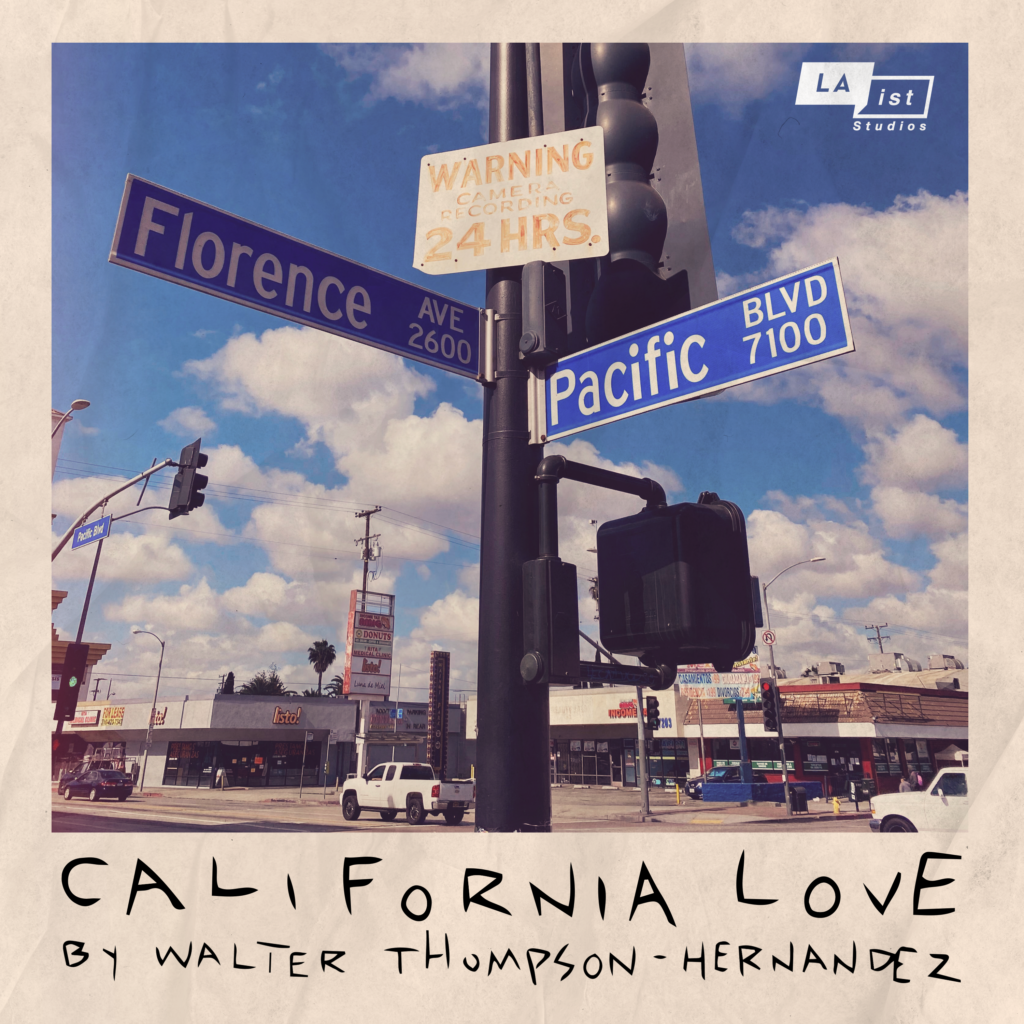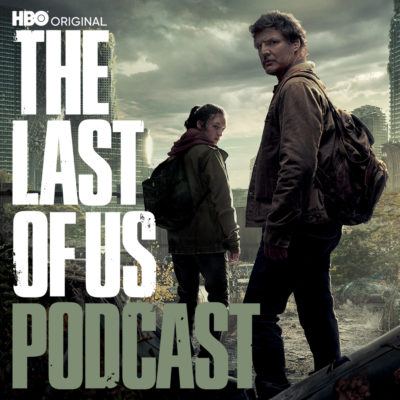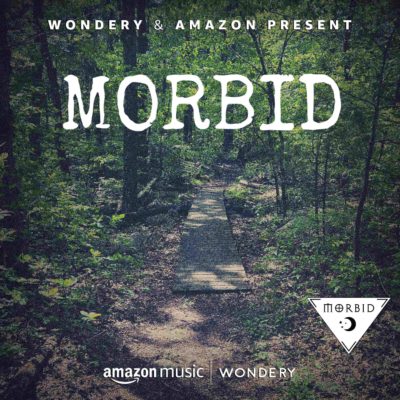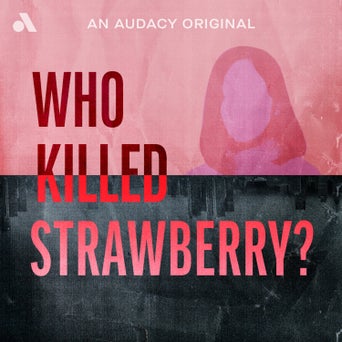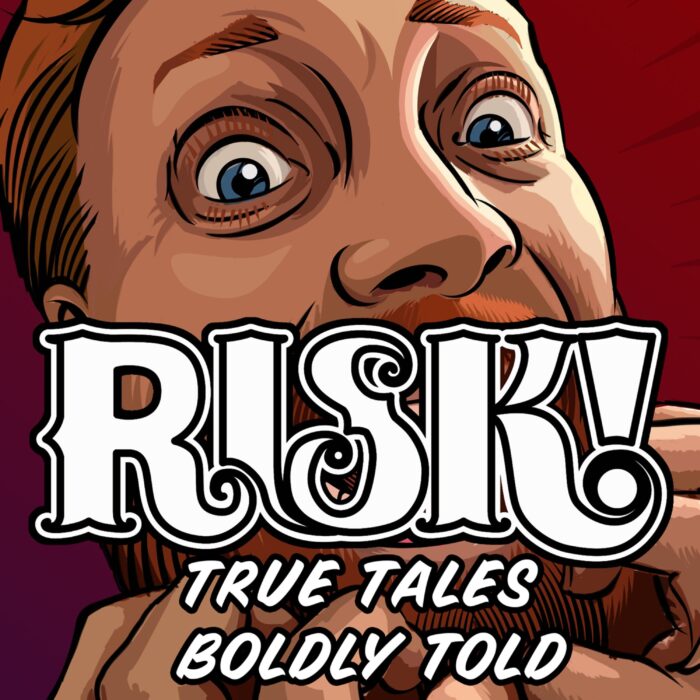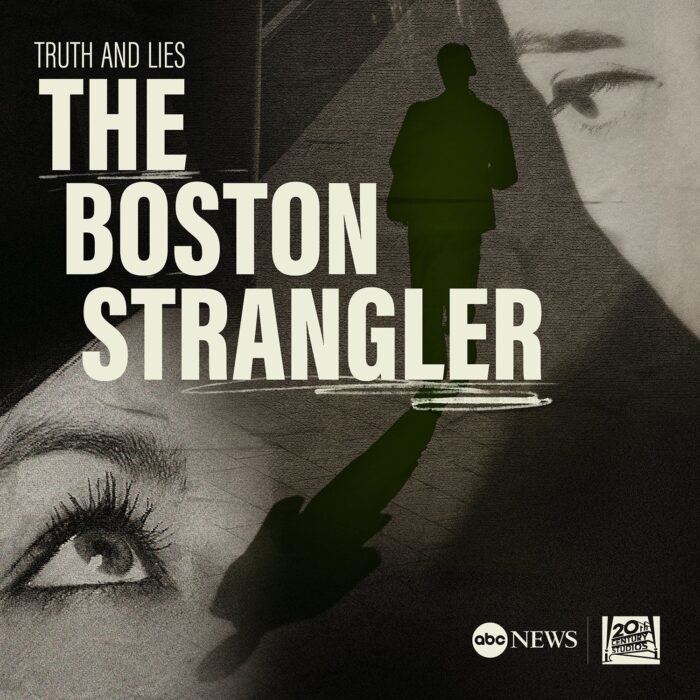‘Love Thy Neighbor’ reflects on 4 days in New York history that shaped how we think about American policing and politics
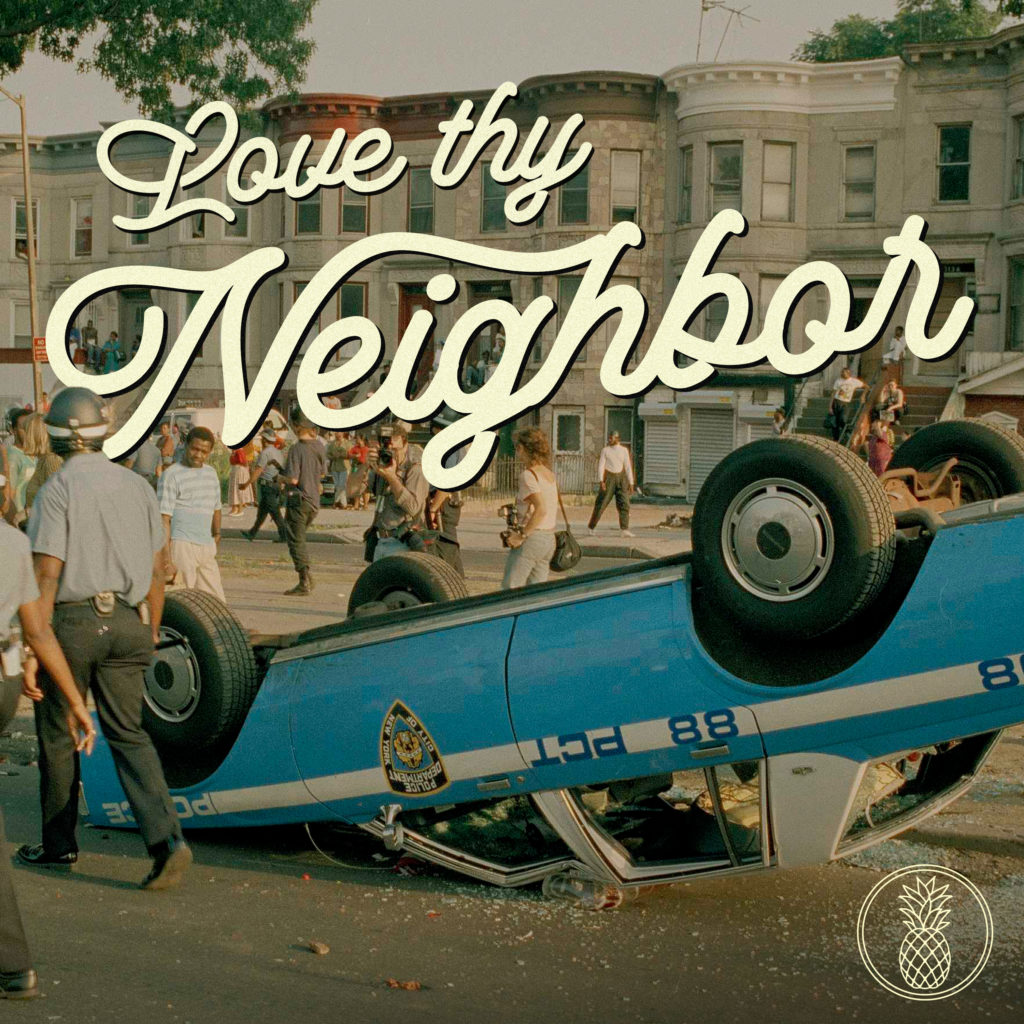
On a summer night of August 19, 1991, 22-year old Yosef Lifsh was driving a station wagon as part of a three-car motorcade of Rabbi Menachem Mendel Schneerson, the leader of the Chabad-Lubavitch Hasidic movement. As the two cars in front of his passed through the intersection of Utica Avenue on President Street in Crown Heights, New York, he saw the light changed to yellow. Whether he sped up through that yellow light or ran through a red is still unknown, because tragically, he struck a car in the intersection, veered onto the sidewalk, and hit two children.
One of the children survived with severe injuries, but the other, 7-year-old Gavin Cato, was killed. And this deadly crash set off four days of riots – violence that had been building and building for years. These events became known as the Crown Heights riot where dozens were injured, a Jewish man was killed, and hundreds were arrested. And here to tell this incredibly complicated and deeply contextual story is Collier Meyerson with her podcast, “Love Thy Neighbor.”
“Love Thy Neighbor,” from Audacy’s Pineapple Street Studios, is a podcast in five parts about the Crown Heights riot, documenting the years leading up to that mid-August day and looking at what’s happened in the three decades after. With those 30 years to reflect on what happened during those four pivotal days, Meyerson took on this task to see how it still affects New York City, its minority communities, and its police force. Also, for reference, Hasidic, Chabad, and Lubavitch are used interchangeably throughout this podcast.
The podcast opens up in August 2020 in the Brooklyn neighborhood of Crown Heights. Meyerson was attending a retirement party for an NYPD officer. While she chatted with the people there – politicians, religious leaders, local friends – she noted this insistence that everything in Crown Heights was just fine. But leaving the party, during the summer that the Black Lives Matter movement reached a peak following the murder of George Floyd, she couldn’t help but think about what had happened on those streets just 30 years prior.
While the accidental death of young Gavin Cato was tragic, an entire generation of people probably don’t understand how it instigated what came after. Gavin and his 7-year-old cousin Angela Cato were the children of Guyanese immigrants living on the North side of Crown Heights. Black and Afro-Caribbean Americans made up most of the north side of the Brooklyn suburb, with Hasidic Jews making up the majority of the south side below the Eastern Parkway. While the Eastern Parkway wasn’t a sure and clear divide, the two communities lived amongst each other on the fringes, and a division could be felt. And this is the focus of the second episode of “Love Thy Neighbor.”
Meyerson expertly and empathetically examines the history of Crown Heights. She looks at how Chabad-Lubavitchers and Caribbean immigrants ended up in the Brooklyn neighborhood, going all the way back to the start of the 20th century. She looks at how the two cultures changed New York, how New York changed them, and where the tensions between them really began.
The Crown Heights riot does not exist in a bubble, and Meyerson knows that. She examines how talk of violent crime in certain neighborhoods deepened the divide. She looks at New York City electing its first Black mayor, David Dinkins, in 1989. She looks at Rudy Giuliani’s 1993 unseating of Dinkins, with his support of violent policing tactics that have become a pillar of American culture.
“Love Thy Neighbor” is not an easy listen, nor do the events of that summer have an easy explanation. It does not and cannot live in singularity. While members of the Hasidic Jewish community faced violence over those four days, the Black and Caribbean community in Crown Heights had growing resentment for their neighbors as they continued to face biased actions from law enforcement and lesser allocations of resources from local government.
“Love Thy Neighbor” is not here to tell you what to think. Instead, Meyerson gets the many sides of the story from the people who were there. It’s less of a history lesson and more of a present-day analysis, reflection, and look to the future. It’s about police violence, racism, and antisemitism, asking if there is still more to learn from those August days in Crown Heights.
You can listen to “Love Thy Neighbor” in its entirety only on the Audacy app, or you can listen to its weekly episode releases on all other podcast platforms.
